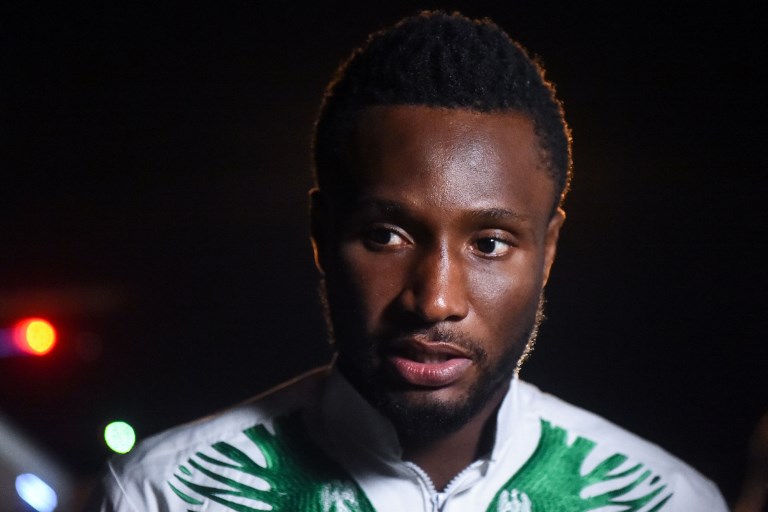John Obi Mikel, the former captain of the Nigerian national football team, the Super Eagles, has recounted the harrowing experience of his father’s kidnapping just hours before a crucial World Cup match against Argentina. This distressing incident, not the first of its kind targeting his family, cast a long shadow over the pivotal game and forced Mikel into an impossible dilemma. The weight of his nation’s hopes rested on his shoulders, while the safety of his father hung precariously in the balance.
The story unfolds with a chilling phone call from Mikel’s brother, delivering the devastating news of their father’s abduction. Mikel recognized the grim familiarity of the situation, realizing it was not solely about his father but about the kidnappers’ greed and their belief that access to Mikel’s wealth could be leveraged through his father. Facing the daunting prospect of leading his team in a high-stakes match against a formidable opponent, Mikel grappled with the internal conflict of whether to share the news with his teammates and coaching staff. Ultimately, he chose to bear the burden alone, prioritizing the team’s focus and the nation’s aspirations over his personal anguish.
Stepping onto the pitch against Lionel Messi’s Argentina, Mikel masked his inner turmoil, battling not only the opposing team but also the constant threat looming over his family. The kidnappers, aware of the game’s significance, intensified their pressure, contacting Mikel directly with chilling threats against his father’s life. Mikel was forced to engage in a terrifying negotiation, listening to his father’s pleas for compliance amidst the backdrop of physical abuse. The immense pressure he faced can only be imagined – leading his national team on the world stage while simultaneously grappling with a life-or-death situation involving his father.
In the aftermath of the game, Mikel sought assistance from his club, Chelsea. The then-owner, Roman Abramovich, offered his support, pledging to deploy his resources to locate Mikel’s father. While Abramovich’s offer provided a glimmer of hope, the vastness of Nigeria and the complexities of the situation ultimately led Mikel to take a different course of action. He engaged directly with the kidnappers, navigating a treacherous negotiation process and ultimately paying a substantial ransom to secure his father’s release. This difficult decision, made under duress, underscores the desperate measures Mikel was forced to take to ensure his father’s safety.
Mikel’s experience reveals not only the trauma of kidnapping but also the complexities of navigating such a situation while under immense public pressure. He had to balance his responsibility as captain of his national team with the deeply personal and agonizing predicament of his father’s captivity. His decision to keep the ordeal secret from his teammates highlights his dedication to his country and his commitment to shielding them from a distraction that could have jeopardized their performance.
The ordeal, undoubtedly a defining moment in Mikel’s life, left an indelible mark on him. While the emotional scars remain, Mikel emerged from the experience with a renewed sense of strength and resilience. His ability to compartmentalize his personal trauma, perform under extreme pressure, and ultimately secure his father’s release speaks volumes about his character and mental fortitude. This incident, though tragic, served as a testament to his unwavering commitment to both family and country, demonstrating a level of strength that extends beyond the football field. It highlights the human side of professional athletes, reminding us that they too face life’s challenges even as they perform on the world stage. His story is a poignant reminder of the often unseen burdens carried by those in the public eye and the extraordinary resilience they can demonstrate in the face of adversity.














